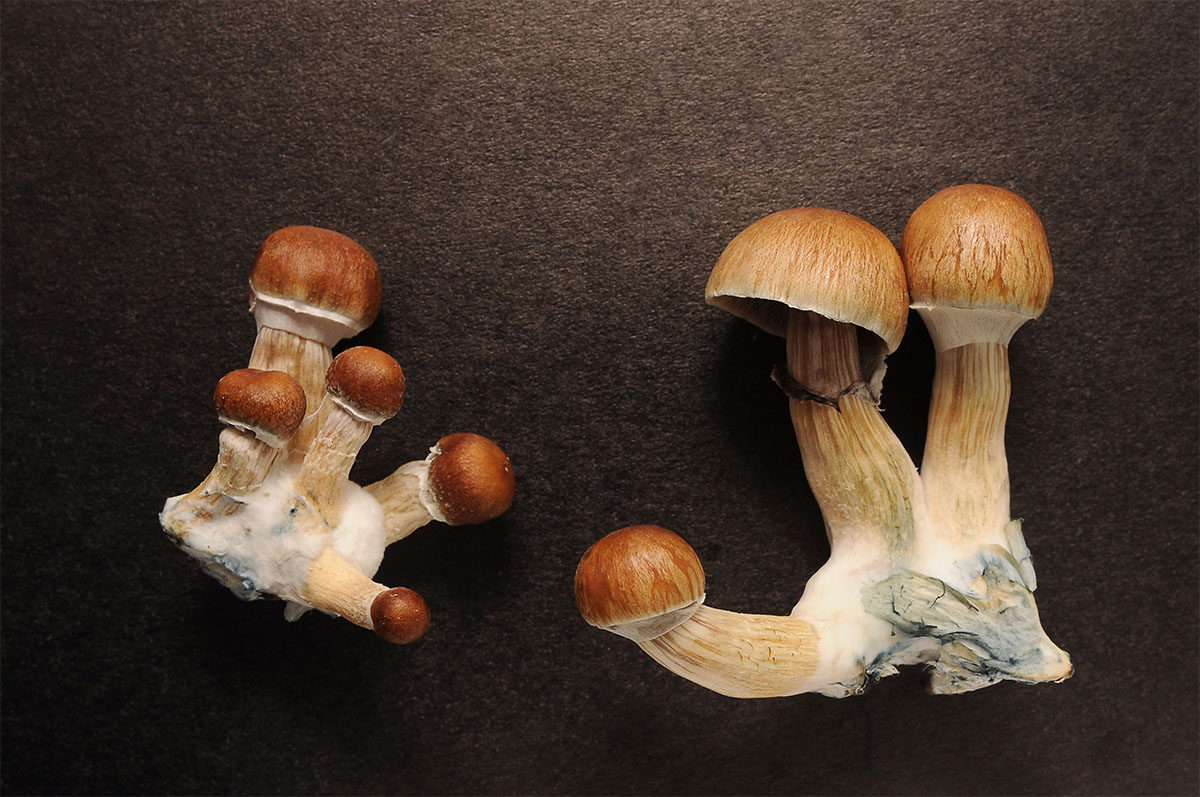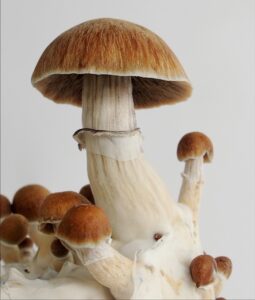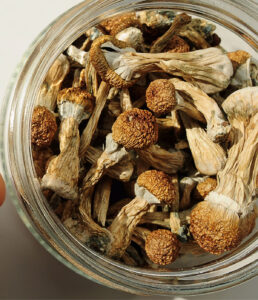
Summary of podcast episode by Rachel Gotbaum, published in the New England Journal of Medicine, on March 13, 2023.
The podcast episode “The Promise and Perils of Psychedelics” from The New England Journal of Medicine explores the potential benefits and challenges associated with psychedelic substances, specifically in the context of mental health treatment. The episode highlights the resurgence of interest in psychedelic research and provides a balanced discussion of the advantages and disadvantages of these compounds, featuring various experts in the field.
The episode begins by recounting the historical context of psychedelics, tracing their use in indigenous cultures and the initial wave of research in the 1950s and 1960s. However, the narrative quickly shifts to the backlash against psychedelics due to their association with counterculture movements and subsequent criminalization. This led to a decline in research, but recent years have seen a renaissance in the study of these compounds for therapeutic purposes.
The podcast delves into the potential therapeutic benefits of psychedelics, emphasizing their efficacy in treating mental health conditions such as depression, anxiety, and post-traumatic stress disorder (PTSD). Experts discuss the results of clinical trials that demonstrate the potential of substances like psilocybin (found in magic mushrooms) and MDMA (commonly known as ecstasy) to alleviate symptoms, particularly when combined with psychotherapy. They also touch upon the mechanisms behind the effects of psychedelics, including their ability to promote neuroplasticity and create lasting changes in brain function.
In addition to their potential as mental health treatments, the podcast highlights the potential for psychedelics to foster personal growth, creativity, and spiritual experiences. These transformative experiences have the potential to enhance individuals’ overall well-being and provide unique insights that may be difficult to achieve through traditional therapy.
Despite the promising results from clinical trials, the podcast also delves into the potential risks and challenges associated with the use of psychedelics. Experts caution against the self-administration of these substances without proper guidance, emphasizing the need for controlled environments and trained professionals to ensure patient safety. They discuss the potential for adverse reactions, such as the exacerbation of pre-existing mental health conditions, the potential for addiction, and the challenges of integrating psychedelic experiences into one’s daily life.
The podcast also addresses the legal and regulatory hurdles that need to be overcome for the wider acceptance and integration of psychedelics into mainstream mental health care. This includes the need to reevaluate the classification of these substances and the importance of creating standardized treatment protocols to ensure consistency and effectiveness.
Lastly, the episode considers the broader societal implications of the resurgence of interest in psychedelics. As public opinion shifts and more people become aware of the potential benefits of these substances, the podcast raises questions about the ethical implications of psychedelic therapy and the need for further research to better understand both the benefits and risks associated with their use.
In summary, “The Promise and Perils of Psychedelics” provides a comprehensive and balanced overview of the current state of psychedelic research, highlighting the potential therapeutic benefits while also acknowledging the risks and challenges associated with their use. The episode serves as a valuable resource for those interested in understanding the complexities of the psychedelic renaissance and its implications for mental health treatment and society at large.







